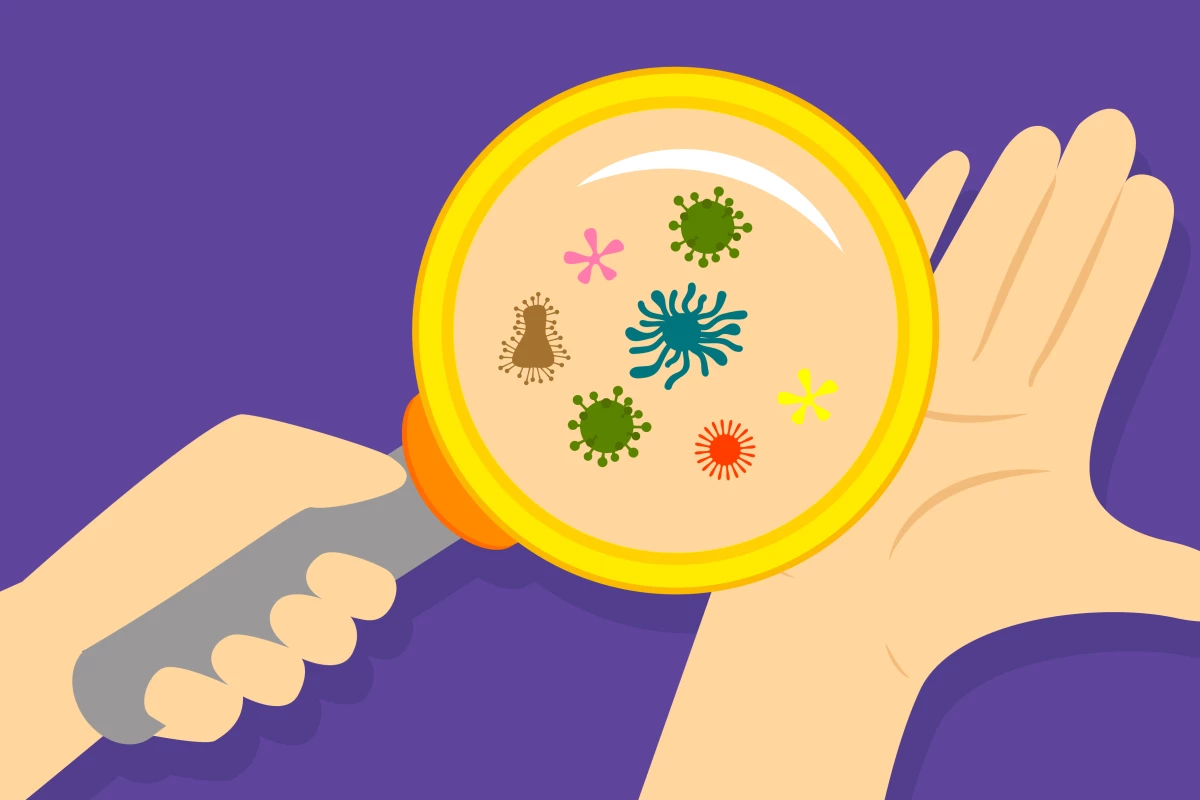Scientists have long recognized human skin as a vibrant ecosystem that's home to millions of microorganisms. Our skin microbiome includes bacteria, fungi, and viruses; all playing a key role in shaping our health by promoting skin immunity and guarding against diseases. These friendly microbes feed on our skin's nutrients, and as a byproduct, they produce various active molecules that influence and interact with our skin cells.
A new study, published in the Journal of Investigative Dermatology, has described how certain bacteria living on our skin can act as a natural sunscreen, helping protect us from the sun’s harmful ultraviolet (UV) rays. These microbes can neutralize UV-induced immune changes, aiding the body's natural defenses against the damaging effects of sunlight.
The research focused on how skin microbes respond to UVB (ultraviolet type-B) radiation, which causes sunburn. The team specifically studied these effects on the skin of mice. To begin, researchers tried to mimic sun exposure by shaving the dorsal skin of mice and applying cis-urocanic acid (dissolved in water).
Cis-urocanic acid is formed when UV light collides with molecules on the outermost layer of skin. And it's quite a troublemaker; cis-urocanic acid can suppress the skin’s immune responses, trigger inflammation, and make skin more vulnerable to skin cancer.
Researchers discovered that specific bacteria, present on both human and mouse skin, when exposed to UV light, began producing an enzyme called urocanase. This enzyme can break down the molecules of cis-urocanic acid into harmless components. By observing the breakdown of cis-urocanic acid, scientists show that bacteria like Staphylococcus epidermidis, a Gram-positive bacterium that is part of the normal human microbiota, can use a portion of this molecule as a nutrient source.
It is important to note that cis-urocanic acid isn’t always detrimental. On inducing it in a skin tumor, cis-urocanic acid can acidify the tumor and kill those cells. However, its accumulation on healthy skin also acts as an immunosuppressant.
“We have known for a long time that UV radiation modulates immune responses directed against environmental antigens on the surface of the skin and, more recently, that the skin microbiome also plays a role in regulating these responses,” says the lead author, Vijaykumar Patra. ”What intrigued us was the idea that certain microbes could be actively involved in or even interfere with UV effects. The overlap between microbial metabolism and host immunity became the focus of our investigation.”
The co-author of the study, Peter Wolf, emphasizes that the findings may help in developing topical treatments that not just block the UV damage, but actively repair the harm caused.
The study has been published in the Journal of Investigative Dermatology.
Source: Elsevier





